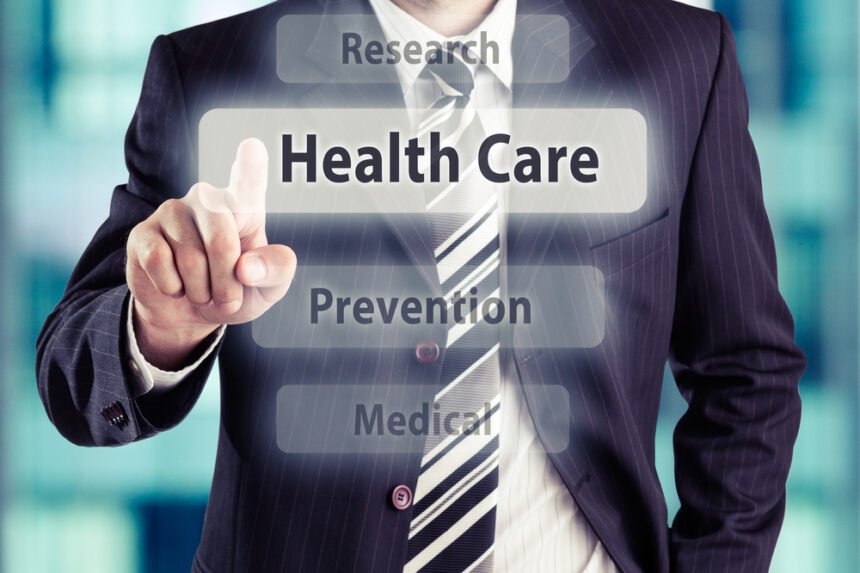For most people, a job is one of the most important aspects of their life. Whether your job is your passion or your pain, everyone participates in a career. But no matter how much you love your job (or don’t), what you don’t want to do is to sacrifice your own health. Ensuring your job is not negatively impacting your health is something every person should consistently do. And for that reason, it’s essential to consider your relationship between your job and your health. Stress and Work Go Hand-in-Hand Stress is one of the large factors that can affect your health. And for many, the root cause of their daily stress lies inside their job and their relationship to their work as a whole. In fact, stress is the number one gripe that most people have about their jobs. No matter if it’s the type of work itself, the people at work, or an inability to disconnect from work once you’ve left the building, stress and work are linked in the minds of many. The Impact of Stress on Your Body Something many people don’t consider is how stress impacts their bodily functions. Stress can cause a multitude of taxing, painful, and just all-around burdensome issues. One especially sensitive organ to stressors is the stomach. For the stomach, stress causes things like a decrease in oxygen and blood flow. This leads to inflammation, cramping, and even an imbalance of gut bacteria. From this, further complications can develop like IBS, Irritable Bowel Syndrome, which can become a perpetual problem for many. And the stomach is not the only organ that can be affected by stress either. Sustained stress also can cause skin problems and psychological ailments like GAD, or generalized anxiety disorder. What You Can Do About It No matter how your own body is affected, it’s good to be in check with how your job stress is impacting your physical health. But it’s even more important to then address those problems. After all, these stress-induced stomach and other physical problems are an avoidable, and even reversible, problem for most. Here’s what you can do about it: Step 1: Identify the Problem The way to reverse these problems often lies in finding the source of the stress and taking steps to rectify the problem. Whether it is clarifying a goal with a superior, achieving proper certification, or beginning to look for another opportunity and environment, you have to decide what the proper course of action for the situation is. However, before jumping into looking for a new job, consider communicating with your supervisor. Most of these results can be solved with communication and research. Step 2: Communicate the Issues with Your Boss If you feel as though stress from your job is impacting your health, and you’ve found the basis of the stress, the next step is to approach your boss with some thoughts on how to reduce these consequences. Communication can be something as simple as asking your boss to prioritize deadlines or changing the hours you come to work. Or it could be the recognition that you are stressed about not moving up in the company. If you need further certifications to get a promotion, say for example a contractor’s license in Georgia, talk to your boss and see if they can work with you to help you succeed or at the very least de-stress. Step 3: Educate Yourself Make sure you have done your research before approaching your boss. Of course, you know better than anyone the source of your stress, but you want to come in prepared, too. By showing that you are committed to reducing your stress while still growing with the company and helping the company in turn, you can really impress the people who can help you to achieve that goal. All in all, your job is an important factor in your life and health. Being in a career that causes stress can only negatively impact you. By taking steps to monitor your stress levels and making active choices to reduce your stress, you improve your quality of life without sacrificing the quality of your work.









